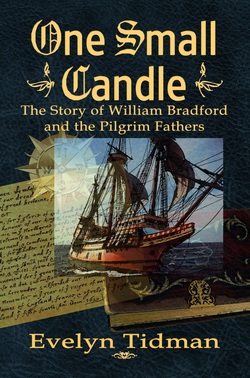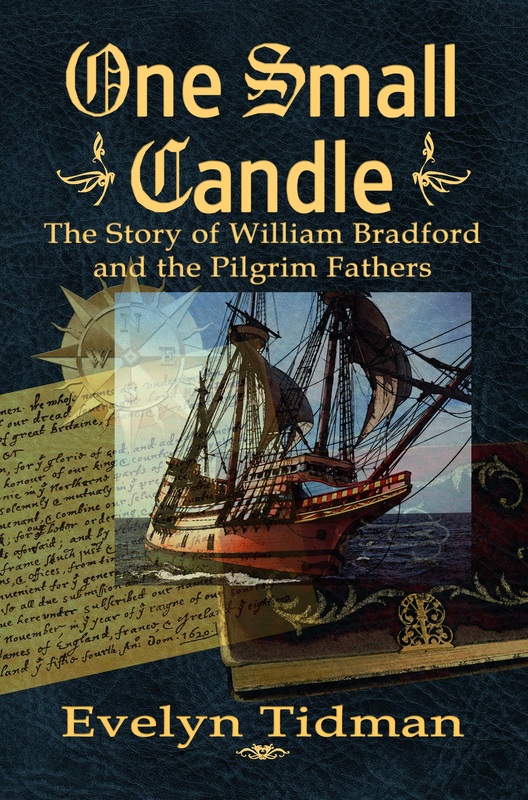There were many points of disagreement between the Separatists and the church, and these differences of opinion made it almost impossible for the Separatists to get the necessary legal patents for them to settle in America.
One that struck at the heart of the bishops, challenging their authority, was church government. The Church of England inherited an episcopacy from Roman Catholicism, that is rule by a hierarchy of priests, including bishops. The church also assumed that everyone in England should worship according to Church of England ideas, thus everyone came under the authority of the church. Add to this the idea that the King ruled by divine right, and that he was head of the church and you begin to have a powerful hierarchy. So much so, that the church even had ecclesiastical courts which had the power to send a person to prison or, worse, to have them executed. Everyone in the hierarchy had power, and power brought in money, of course, through tithes (giving a tenth of one's income to the church) and bishops especially lived (and still do) in sumptuous palaces and wore beautiful robes.
The Separatists saw things very differently. They did not acknowledge the right of the church to dictate what they could or could not do. Surely, they reasoned, how a man worshiped was up to his conscience. Furthermore, their reading of the Bible did not include bishops, or even priests. Jesus was the great High Priest and the intermediary between God and man, making a priesthood unnecessary. Rather, like other groups at the time, they believed a congregation should be run by elders (Greek: Presbyters from which we get the word Presbytarian - rule by elders). Elders were not ordained, but had the job of teaching and the pastoral care of the congregation. More to the point, just as the Apostle Paul had provided for himself by working as a tentmaker, so elders were not to expect payment for their services. (Acts 18:3; 20:34,35)
To the bishops and the King, this form of church government challenged their very authority. Needless to say the Separatists were the most hated group. Even the puritans did not challenge church authority in quite the same way. When the Separatists tried to get a patent to settle in Virginia, this point was argued over in great detail by the King and the bishops. They still wanted complete control in America!
The other great cause of disagreement was the trinity doctrine held so dearly by the Catholic Church and inherited by the Church of England. This is the belief that God is God, Jesus is God and HolySpirit is God, but there are not three Gods, but one, the three-in-one doctrine. This was, and still is a central doctrine in the Church of England, as well as Catholicism and other Christian religions. The Separatists on the other hand did not believe in a trinity.
Now that people had the Bible in English they could search the scriptures for themselves (see previous blog). One of the things they discovered was that Almighty God had a personal name. In English, that name is translated as Jehovah, and that name was found in the Geneva Bible and the Authorised Version (authorised by the same King James I) at Psalm 83 verse 18. To the Separatists it was obvious that if God's name was Jehovah and Jesus' name was - well - Jesus, they could not be the same person. Rather, Jesus was God's Son. They used the name Jehovah freely in speech and in worship.
The problem with that was that the King, James I, who had leanings towards Catholicism, and the bishops believed in a trinity. If a person disagreed with the King that was treason, and therefore punishable by death!
No wonder the Separatists left England!
There were other causes of disagreement. More about that another time.

The Story of William Bradford and the Pilgrim Fathers
 RSS Feed
RSS Feed



